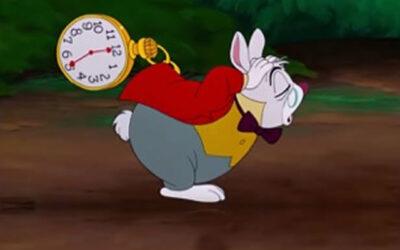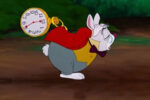Lees hier onze nieuwste artikelen en aanbevelingen over alles wat met Franse cultuur en taal te maken heeft:
French personal pronouns
Je, tu, il, nous, vous, ils… You know those words. But when a personal pronoun is used as a direct object, or indirect object, the matter changes. Here you can read when to use which word. In Dutch you probably do it right automatically, and you don't have to parse a...
Adverb or adjective?
In Dutch you don't hear the difference between an adverb and an adjective. In French it does matter. But that's no reason to get gray hairs. An adjective is an adjectif, an adverb is an adverbe. The difference is grammatical, and once you figure that out, you can work...
Too expensive
In French you have several ways to indicate that something is too expensive. Useful to know when shopping! Ça vaut la peau des fesses.> That costs an arm. Ça coûte un bras.> That's worth the skin of the buttocks. C'est pas donné.> That is not given. You hear...
On time
The further south you go, the more free time is used. At least, that's what many people think. But how punctual are the French really? “L'heure, c'est l'heure, avant l'heure, c'est pas l'heure ; après l'heure, c'est plus l'heure,” says writer Jules Jouy. In other...
Do you know?
How do you indicate in French if you do not know something? No idea? Here are 5 ways to tell you've lost track. Je n'en sais rien.> I do not know. Literally: I know nothing about it. Va savoir!> Tell me (because I don't know). Tu me poses un colle.> That is a...
Fake friends
When you learn French words, it makes a difference if the French word already exists in Dutch. But beware, the meaning can sometimes differ considerably. Faux amis , or French words that are (almost) the same in our language, but really mean something different can be...











